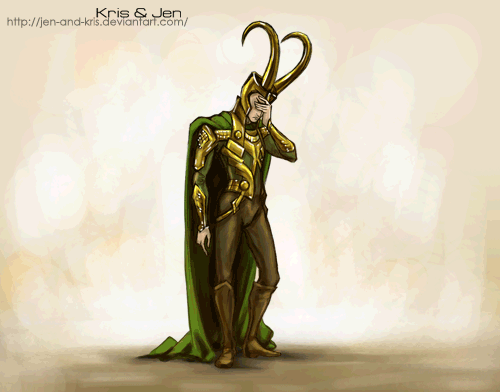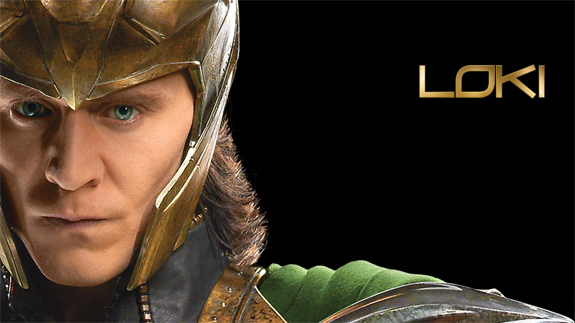“The great destroyers of nations and men are comfort, plenty and security. A coward gets scared and quits. A hero gets scared, but still goes on. ” – unknown
“We make guilty of our disasters the sun, the moon, and the stars: as if we were villains by necessity; fools by heavenly compulsion.” – William Shakespeare
The Owl
Heroes rarely surprise us. They do what we expect them to. What is right, what is just, what is honorable. They may struggle getting there but there is never any real question as to the outcome of their fight. They may die trying but it will be a heroic death. But what makes them heroic? Is it strength, intelligence, wit, loyalty, perseverance, morality, sheer bull headedness? Is it the fact that they do what is right, not for any benefit or personal gain but simply because it is the right thing to do?
Heroes are rarely seen as such by their peers. Their actions are often regarded as too avant guard, consider Atticus Finch of To Kill a Mockingbird or Katniss Everdeen of The Hunger Games. While a hero’s actions might be altruistic, their motives rarely are. I personally have always been skeptical of the typical hero. Why would someone go to such lengths for others with no thought of any gain of any kind? We all want to be at least recognized for our good deeds if not compensated.
The Raven
Villains rarely surprise us anymore. They are a necessary evil to thwart the hero. They are crafty, greed, capricious and cruel. They seem to appear out of the ether, hate already fully born and festering for revenge on the hero. They will die before they let the hero succeed. But what makes them a villain? Is it strength, intelligence, lack of morality, snark, perseverance, sheer bloody mindedness? Is it the fact that they do whatever they damn well please just for the hell of it, or at least for some principal gain?
Villains rarely see themselves as such. They are fully justified within their own minds and see their actions as not only right but necessary. Darth Vader, Shere Khan of The Jungle Book, Moriarty from any incarnation of Sherlock, Sauron of Lord of the Rings. Shall I go on? You get the idea. I personally have always hated the one dimensional evil for the sake of being evil villain. Everyone has a motive and motive implies will and will implies thought and reason.
The Quandary
So who is the Owl and who is the Raven? Sometimes it’s surprisingly difficult to determine. This has given rise to the terms anti-hero and anti-villain. Theses characters are neither strictly one or the other. They are the vagabond hero and the dubious ally, the thief with a heart of gold and the benevolent overlord.
To illustrate this point I will be drawing on several characters. Most I’ve discussed before and a couple will be newcomers. If you are not familiar with my fandoms then beware of spoilers here on out.
First, Megatron. Yes that Megatron. By the time we meet him in the franchise he’s a despotic overlord with the mantra ‘Peace through Tyranny.’ A villain’s villain if you will. Yet we learn that he and his archrival Optimus Prime were once friends and depending on which backstory you prefer, co-collaborators in the rebellion on their homeworld. In the most recent iteration their friendship fell apart over method. Megatron, a former slave and gladiator only knew how to achieve his means through violence. Optimus saw a more peaceful, albeit slower, method through diplomacy. Neither was wrong in wanting change in their society. So what made one the hero and the other the villain? Motive and execution.
Then we have Loki. In the original works he is not the scene stealing villain from Marvel, but a crafty, cunning and beloved brother. He’s as mischievous as he is helpful and often his schemes benefit himself more than anyone. When they do go awry he still manages to find a way to make the outcome work for him. Yet he allows his jealousy to get the better of him and resorts to murder and extortion. This doesn’t stop him from helping when a situation calls for it. He simple will only do it if it in some way benefits himself. He’s an opportunist. Again motive and execution come into play.
Now let’s look at Deadpool. He’s the ‘Merc with a Mouth’ who fancies himself a hero yet can never quite live up to the hype. When he’s trying his hardest to be the hero is when he fails the most spectacularly. Its those moments when he stops trying and just does that the hero emerges. Yet he’s too bogged down by his own demons to ever fully transcend his penchant for indiscriminate violence. He at times both hinders and helps the other super heroes depending on how the situation strikes him and if he can make money off of it. Much like Loki, he’s an opportunist and will stab a hero in the back as soon as offer a helping hand. Motive. Execution.
So how do you write a convincing non villain?
Keep them consistent. Know their motivations, even if they don’t. Make sure their actions are supported by their motives, that they execute their plans accordingly. Loki and Deadpool are both consistent in that you know at some point they are going to betray you sometimes just for the hell of it.
Related articles
- The Modern Anti-hero: What the IS an anti-hero? (modernminutia.wordpress.com)
- Every Fairy Tale Needs a Good Old-Fashioned Villain (torforge.wordpress.com)
- Top 10 Reasons Deadpool Is The Ultimate Anti-Hero (toptenz.net)





